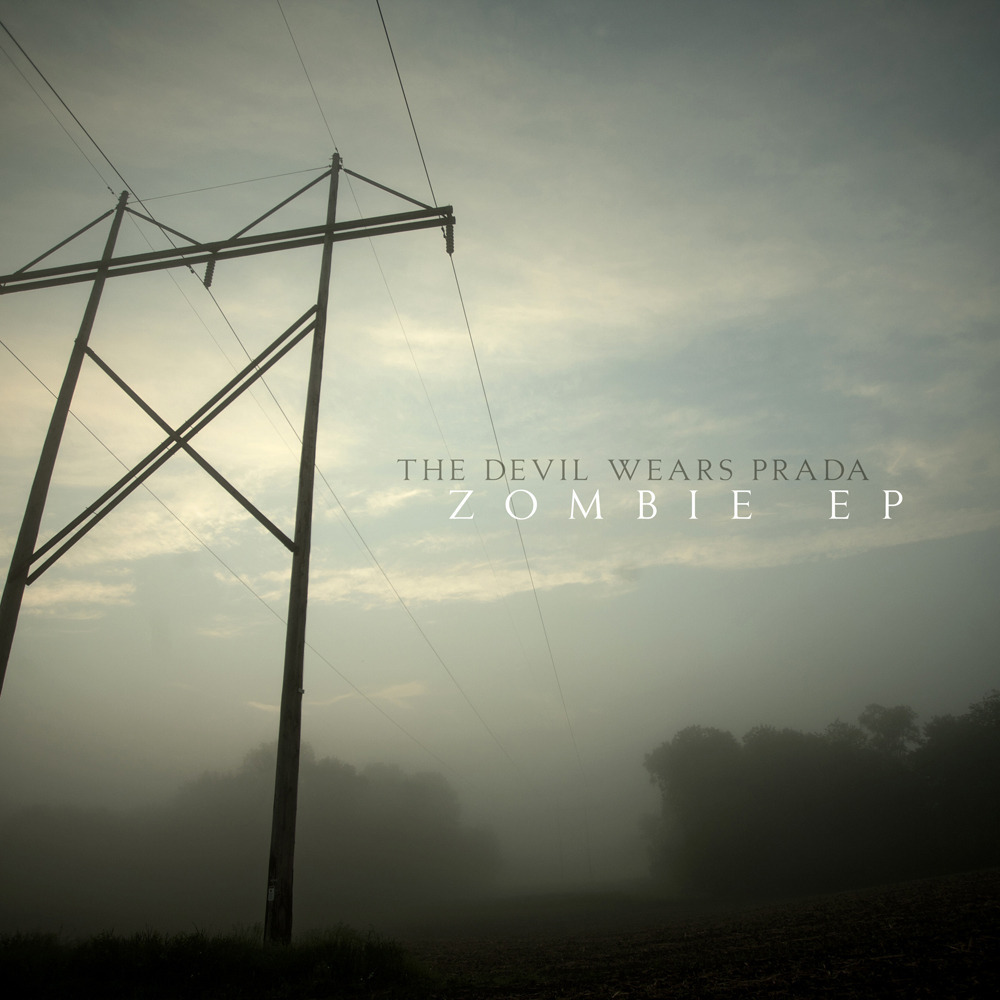Removed by mod
the marxism leninism understander has entered the chat
Removed by modWhy does no one ever just link to a good (or at least deeply thought out, I don't entirely agree with Poulantzas) argument about a more structural theory of the state like this if you want to argue that lol.
How exactly does this run counter to the ML understand of the state? Class traitors aren't some gotcha, and the term "labor aristocracy" exists for a reason. His view seems to kinda ignore the fact that the USA was able to make those concessions because of expanded imperial conquest though. This is just a short wiki summary, so I'm sure he approaches those topics somehow.
He has several massive works. Pretty much all Marxist state theory debates that happen today can be divided into poulantzas VS Miliband VS other camps. I'd say the principle difference is that he tweaks the definition of the state, to allow for some degree of self interested autonomy yet also parasitic attachment to capital which makes withering arguments and the possibilities of worker states transitioning much more difficult. Poulantzas didn't reject using the state either though, he wrestled with it a lot in his writing. He's defined intellectually by being an ML that has an identity crisis in the face of the late 60s and basically dedicates the rest of his life to reexamining everything. He ended up taking this really particular vision of democratic socialism with non state and state based politics that was still (to him anyway) a revolutionary project.
Now you may ask, well how is that different from what Lenin said about smashing state machinary, and there's an attachment to that quote (Poulantzas used it in a debate with Ralph Miliband) but he'd argue that every ML experiment basically failed to actually do that in a way that could work (though his thought was dynamic and towards the end of his life he started reconsidering the premises of smashing the state so it doesn't quite fit).
This comes up regarding imperialism and poulantzas, but I'm sure there's at least several other pieces he wrote on it, considering it was a big thing for him to figure out the importance of locating each nation’s position in a global “imperialist chain” to make sense of the particular form its state needed to take to reproduce capitalist class power.
I'm definitely gonna look into him more, he seems to have some interesting views on the function of the state under capitalism that even if they aren't perfect, still have merit in deciphering how capitalism reproduces itself using class collaboration.
Yeah it's really interesting. Huge tragedy for the state theory community he died young, threw himself out a window in Paris in 1979.
I've been intending to read this lately, most recent book published on the Miliband poulantzas debates.
but have you considered that perpetuating destructive relations with bourgeoisie is actually based
The state (police,army) protects private property. As long as private property exists, either as ownership by individuals, the workers or the state itself, you need an institution that makes this social relation a reality. Abolishing the state is synonymous with abolishing private property. Both are the result of actual movements by workers, and the working class doesn't need moralism to decide what tools to use. It can very well use the state to dominate and destroy all other classes before abolishing itself (by abolishing its relation to capital), which is synonymous to abolishing private property, and therefore the state itself.
I think about the state in a more abstract way. In a literal sense, as the state of affairs, or status quo. The rules and conditions as they manifest. From this perspective, distinctions between what's operated under official, private, or public ownership becomes moot. Private institutions like the New York Times or Amazon define the regime of social relations just as much, if not even moreso than vast components of the nominal state's bureaucracy. On the other hand, even under full communism, no matter how decentralized, federated, or ad-hoc as it, we would have institutions of some sort, and those institutions would constitute a state. People need food, shelter, healthcare, literacy, education, etc. and the mechanisms of providing those needs will always be systematized one way or another.
The state, for communists, is a physical thing, it is the police, army, prisons etc that protect class society. Only if Amazon hires a private army can it become part of the state. This is what we mean by the state. It is important to have exact definitions, because when we say things like "sieze state power" or "abolish the state", we mean those specific things, we don't mean all administrative bodies in general.
Under communism, there would obviously be administrative bodies, but they do not form a state. The very lack of private property implies that physical force is no longer is a necessary condition for human organization, and there would be no need for the state.





